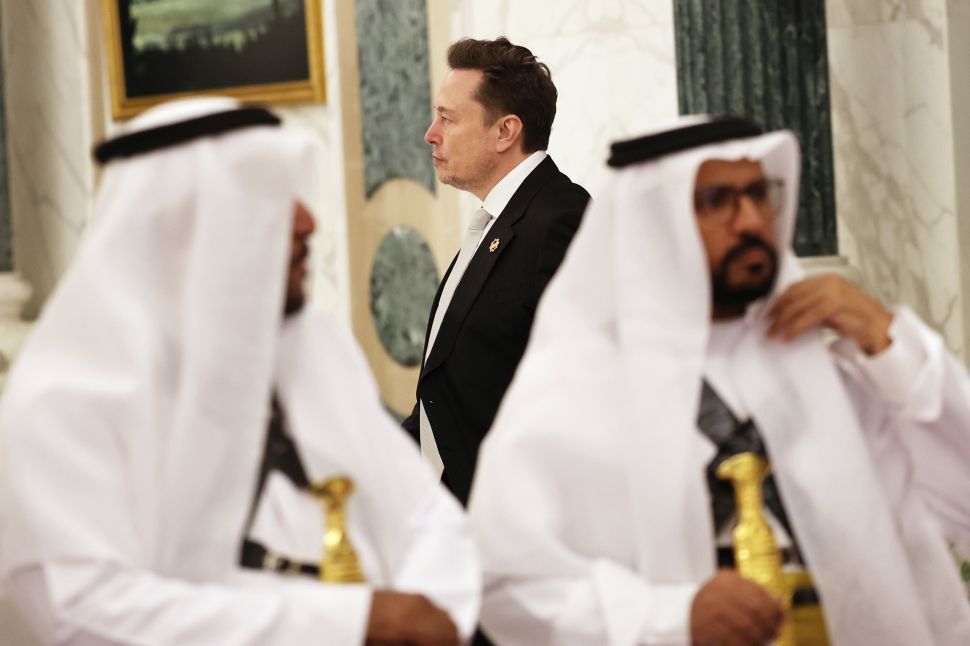Starlink, the satellite internet venture run by Elon Musk’s SpaceX, already operates the world’s largest constellation with more than 7,000 satellites in low-Earth orbit. Now, the service is expanding its global reach even further, having recently secured approvals in countries such as Vietnam, the Democratic Republic of the Congo and, as Musk announced today (May 13), Saudi Arabia.
“I’d also like to thank the kingdom for approving Starlink for maritime and aviation use,” Musk said while speaking at the Saudi-US Investment Forum in Riyadh. He did not provide a timeline for when Starlink service would begin in Saudi Arabia or whether it would extend to residential users. The service is currently available in over 125 countries, including nearby nations like Qatar and Jordan.
Musk is one of the prominent tech leaders accompanying President Donald Trump in Riyadh this week as part of his Middle East visit. Other attendees at the event include OpenAI CEO Sam Altman, Amazon’s Andy Jassy and Nvidia’s Jensen Huang.
Musk also used the forum to promote several of his other ventures to Saudi officials and investors, including his tunneling company, The Boring Company, and his A.I. startup, xAI. He also said that Tesla’s autonomous robotaxis will eventually operate in Saudi Arabia without sharing any details. “I think it would be very exciting to have autonomous vehicles here in the kingdom, if you’re amenable,” Musk said, describing the vehicles as “robots on four wheels.”
Tesla has increasingly shifted its focus toward robotics and autonomous technology in recent years. Musk said he recently demonstrated the company’s Optimus humanoid robots to both President Donald Trump and Saudi Crown Prince Mohammed bin Salman, and predicted the future deployment of “tens of billions” of such robots.
According to Musk, the rise of humanoid robots could drive a dramatic expansion of the global economy—potentially growing it tenfold—by vastly increasing productivity. He envisioned a world shaped by “universal high income,” where abundant goods and services are widely accessible. “Once you have humanoid robots,” he said, “the actual economic output potential is tremendous—it’s really unlimited.”
Musk recently said he would step away from his role as head of the Department of Government Efficiency (DOGE) and devote more attention to Tesla, which experienced slowing sales and stock selloffs in recent months.

